Sustainability
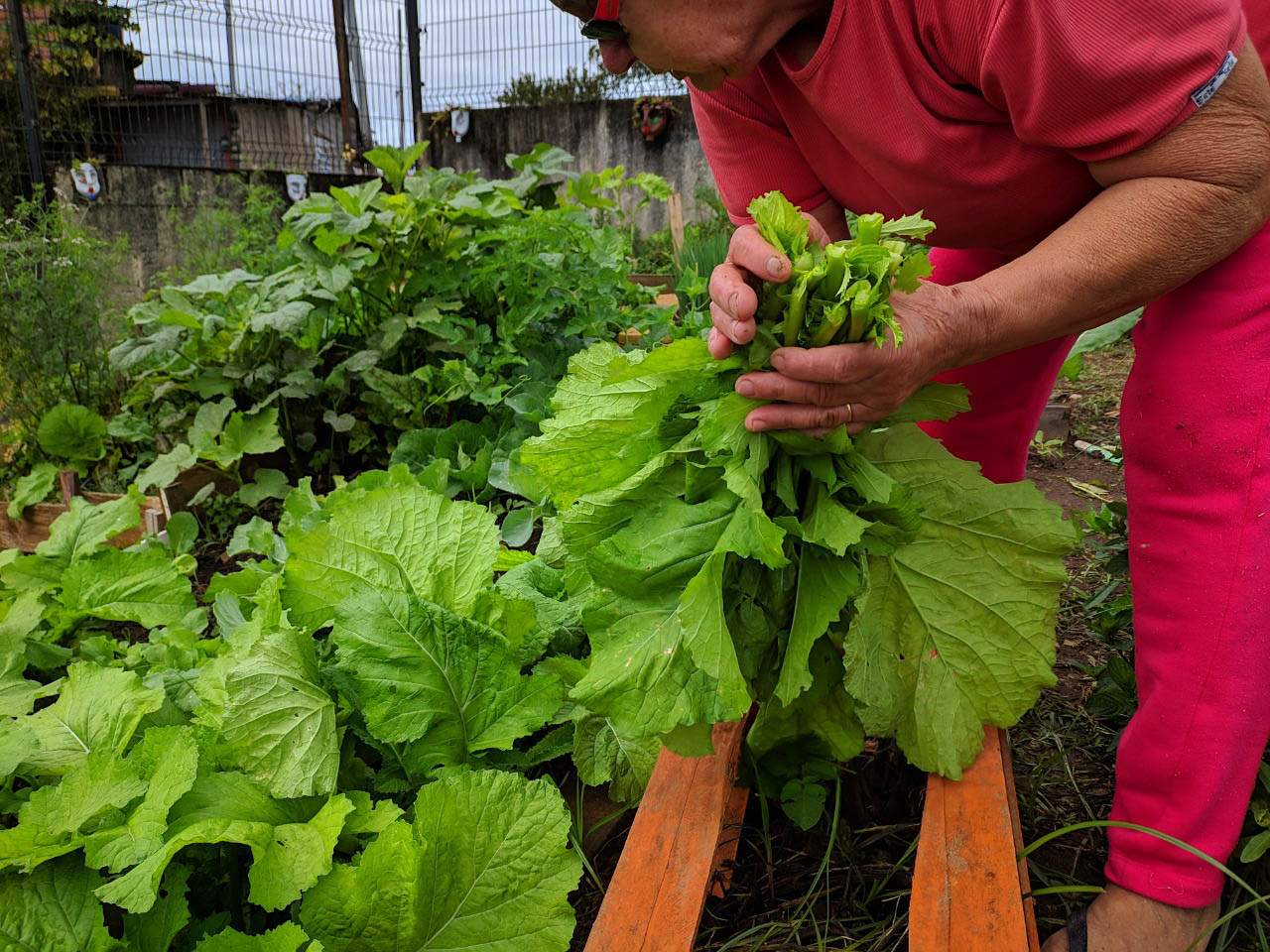
Arredondar Project
The Fasano Group supports the Arredondar Project by raising funds and passing them on to partner NGOs. Currently, the project is implemented in the Fasano Hotels located in Angra dos Reis, Boa Vista, Rio de Janeiro, São Paulo Jardins and Itaim. The other hotels are in the process of implementation. The impact of 2023 fundraising corresponds to: (1) 733 children fully supported for one month of study by the NGO AFESU, (2) 945 packages with 100 lettuce seeds offered to the families assisted by the NGO Instituto Melhores Dias, and (3) 315 green bags containing four types of leafy vegetables, 1kg of legumes, and 1kg of fruits for the families assisted by the NGO CREN.
Read more
Waste Management
Mapping and appropriate disposal of each waste with monitoring of the complete reuse cycle, measurement of cubic meters saved in landfills, and compensation for CO² emissions in the atmosphere.
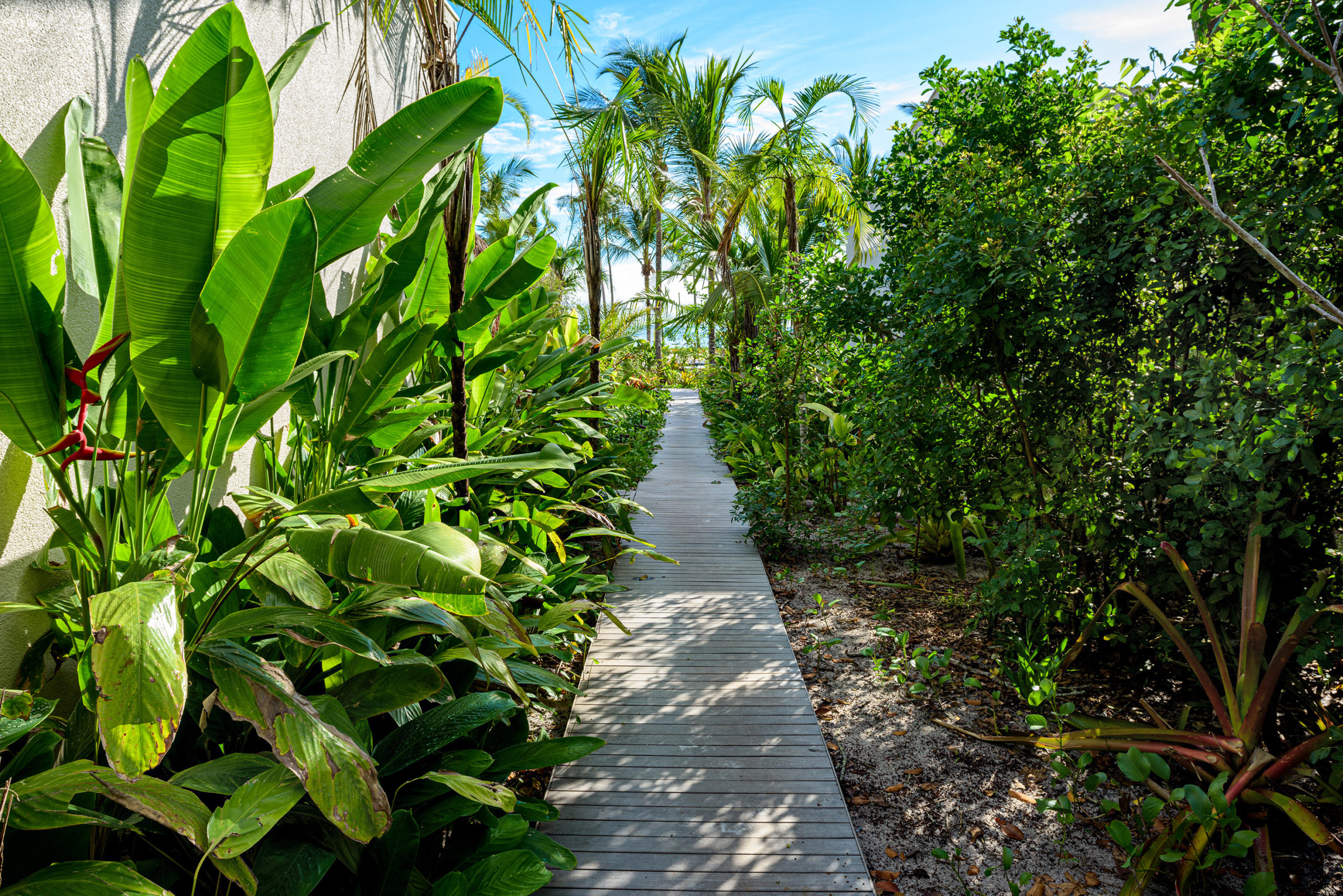
Biodiversity
Actions for environmental care and knowledge dissemination among guests, partners, and collaborators.
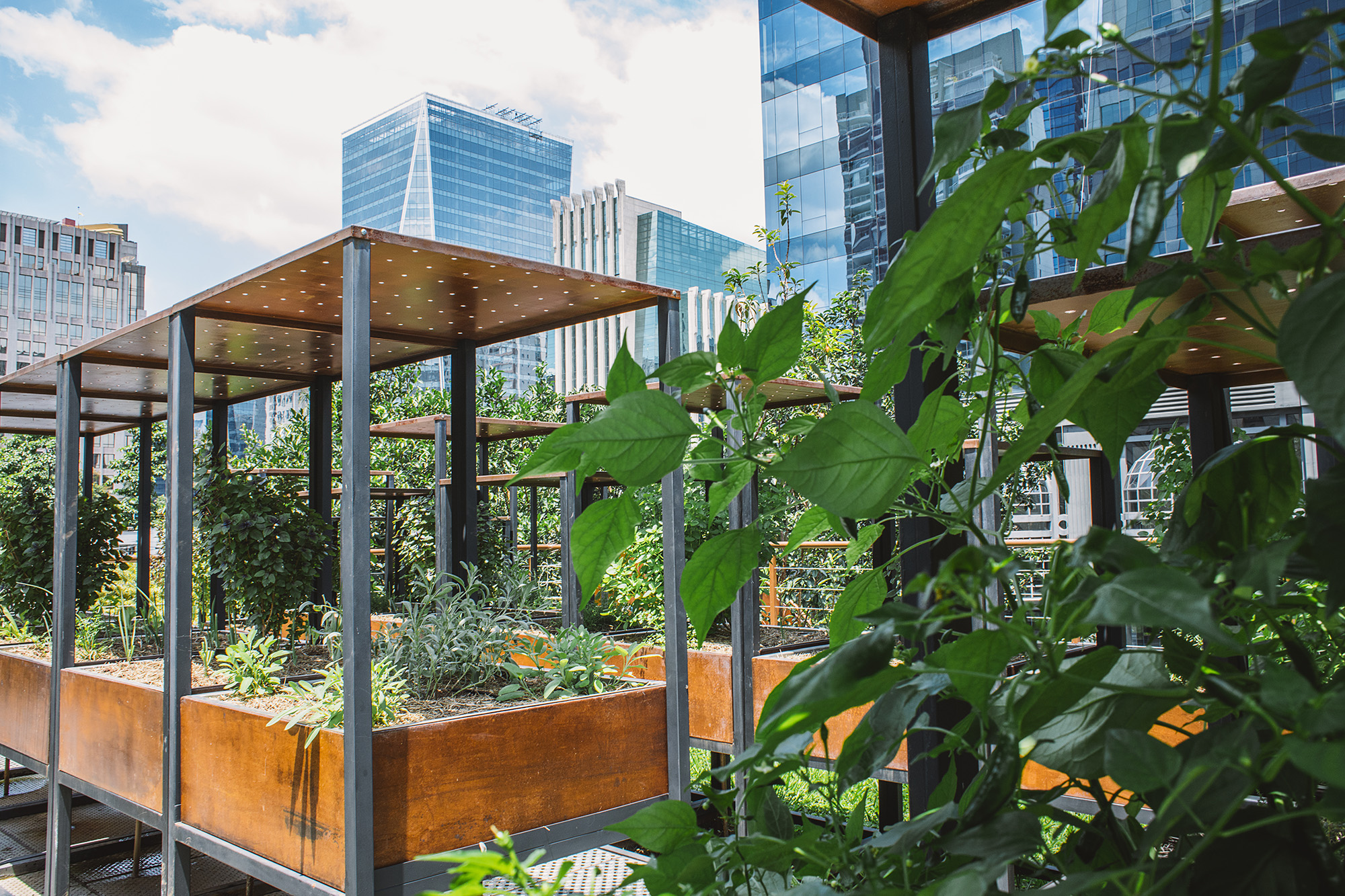
Urban Social Garden
Project in partnership with Arcah to transform unused spaces into organic gardens. It aims to rescue, train, and socially reintegrate homeless individuals.
Read more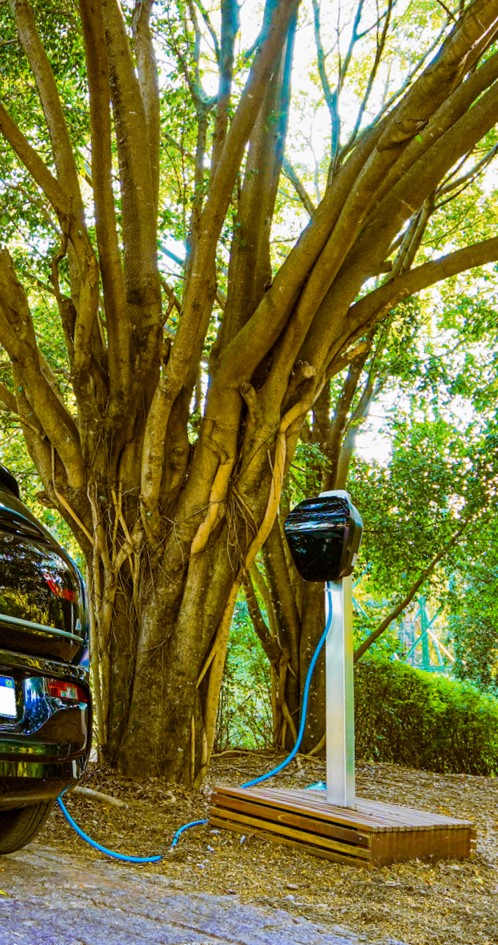
Electric Vehicle Charging Points
The Fasano Group offers electric car chargers as a complimentary service to guests at 8 of its properties.

Water and Energy
The Fasano Group's Hotels and Restaurants have systems and measures in place to save energy and water.

Cage-Free Movement
Fasano Group has committed to using and selling only eggs from cage-free chickens in 100% of its operations in the State of São Paulo by 2023 and in other states by 2024.
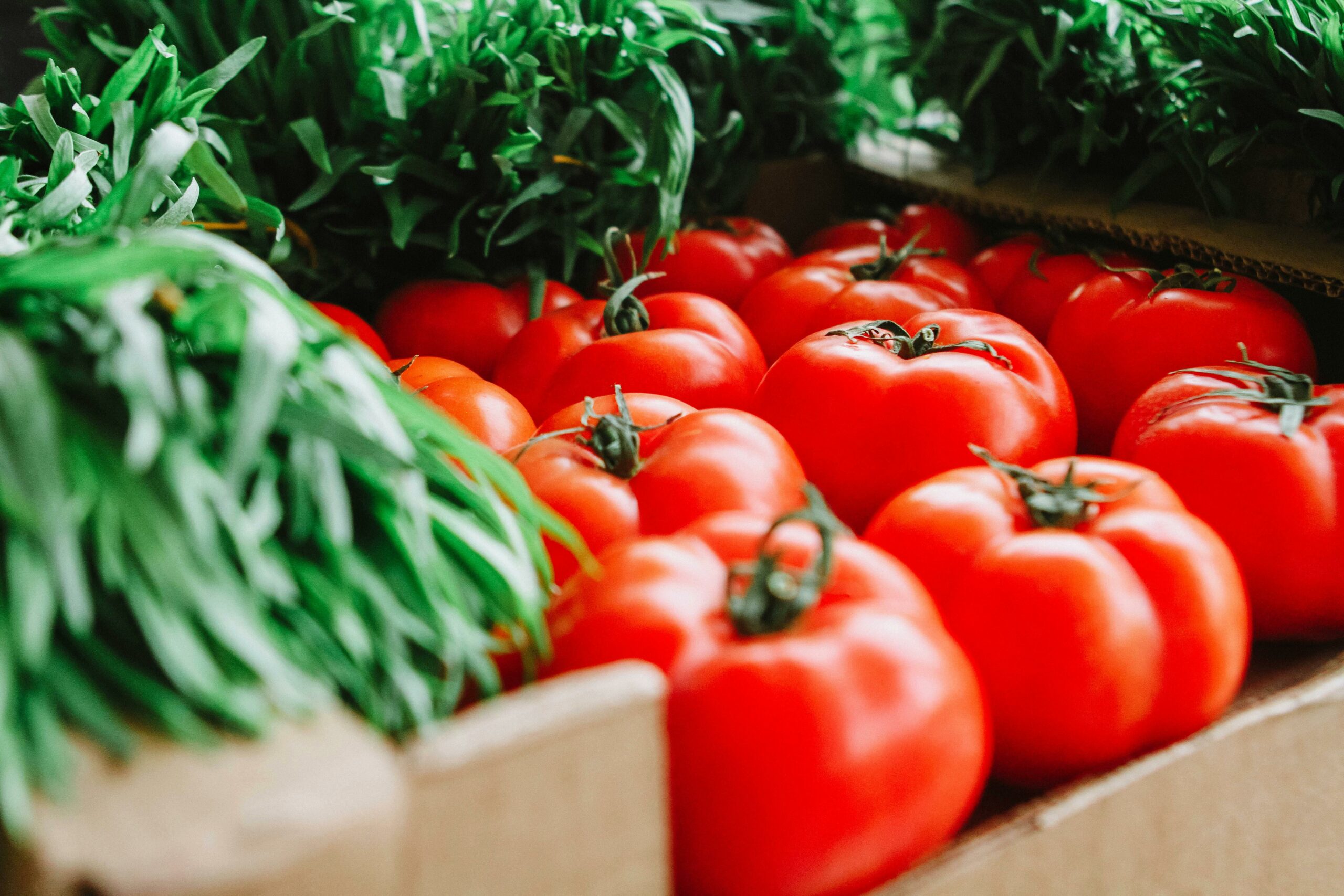
Comida Invisível Project
Fasano Restaurantes are part of the Comida Invisível platform, which through technology, integration, and processes connects food that has lost commercial value with those in need. In all projects, the platform certifies the social impact (people fed) and the environmental impact (CO2 avoided), with the mission of reducing waste, improving food distribution, and contributing to the reduction of greenhouse gases on the planet.
Read more